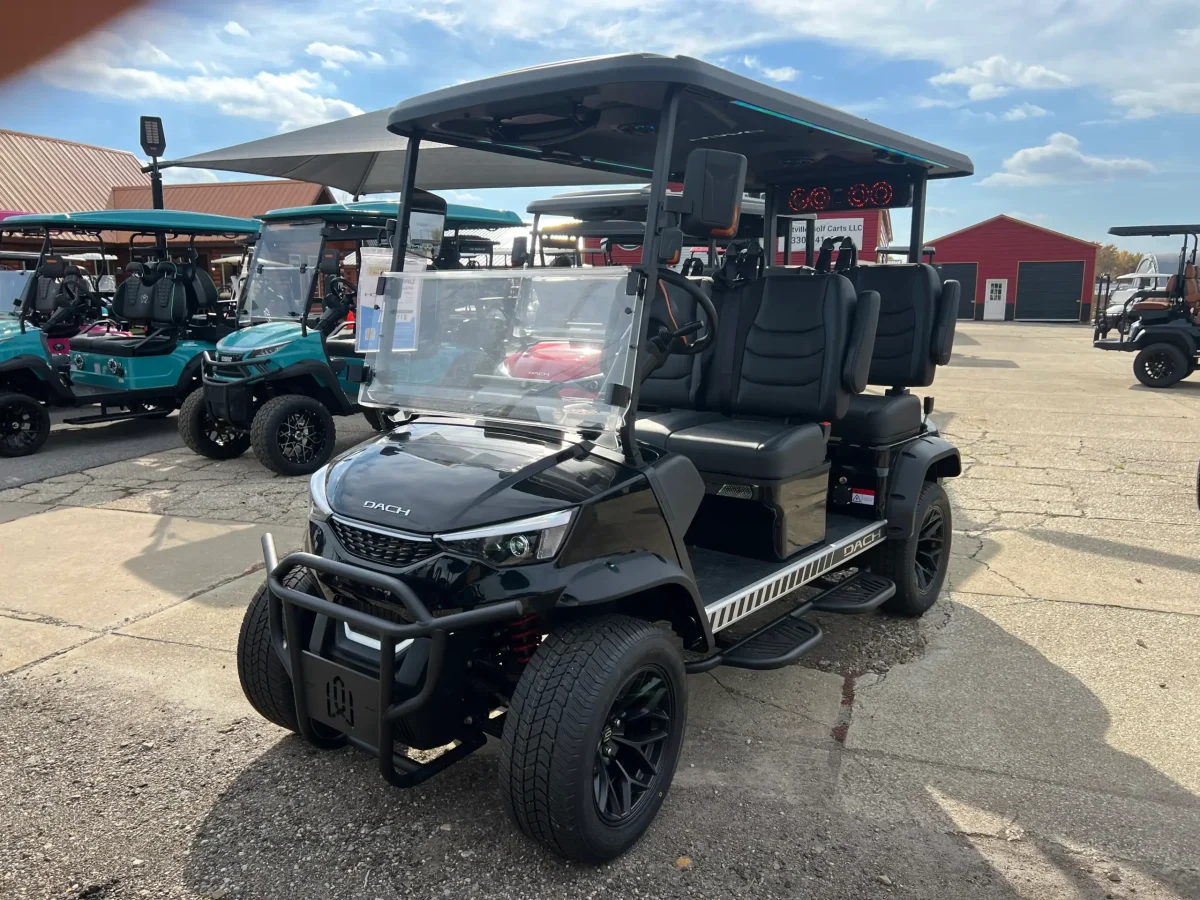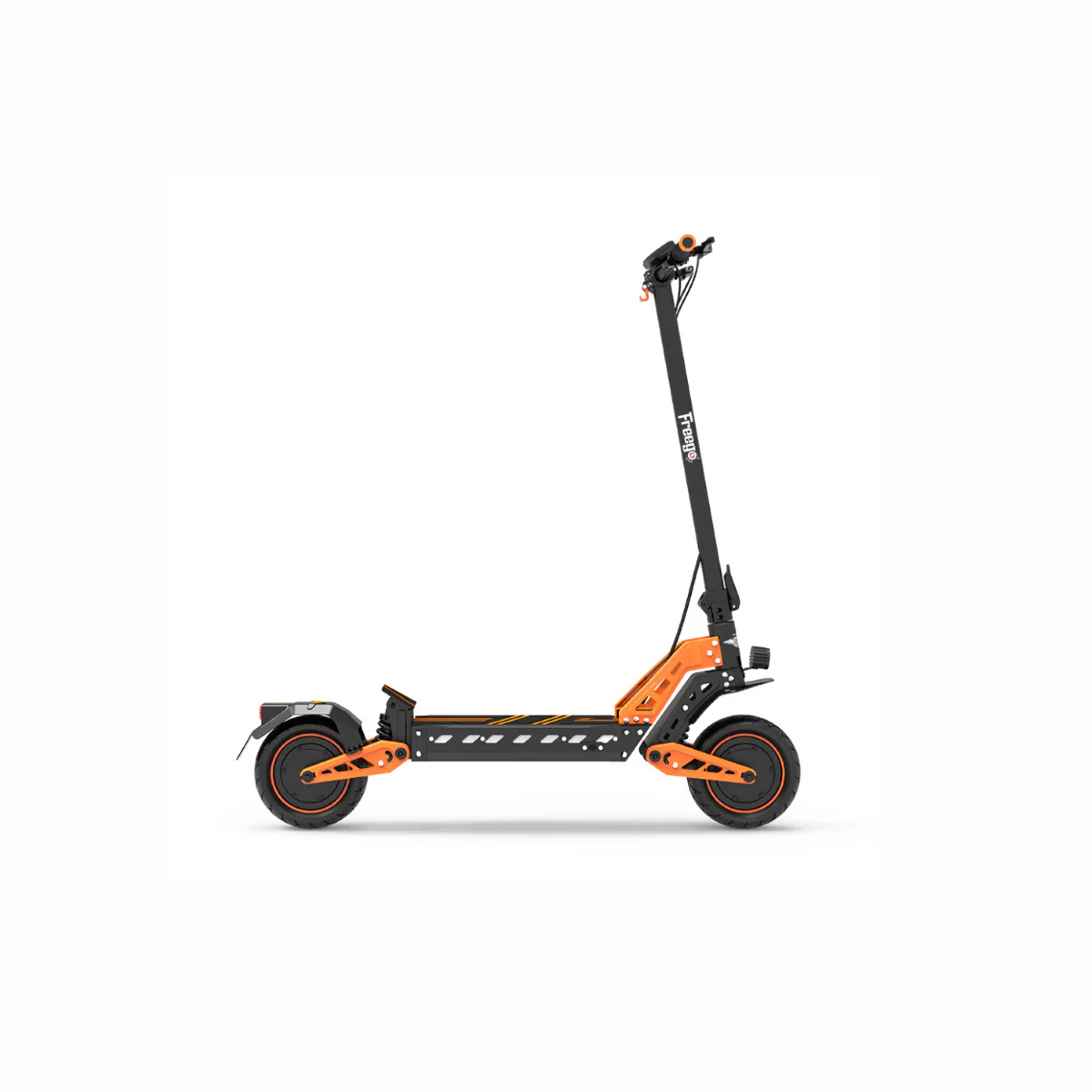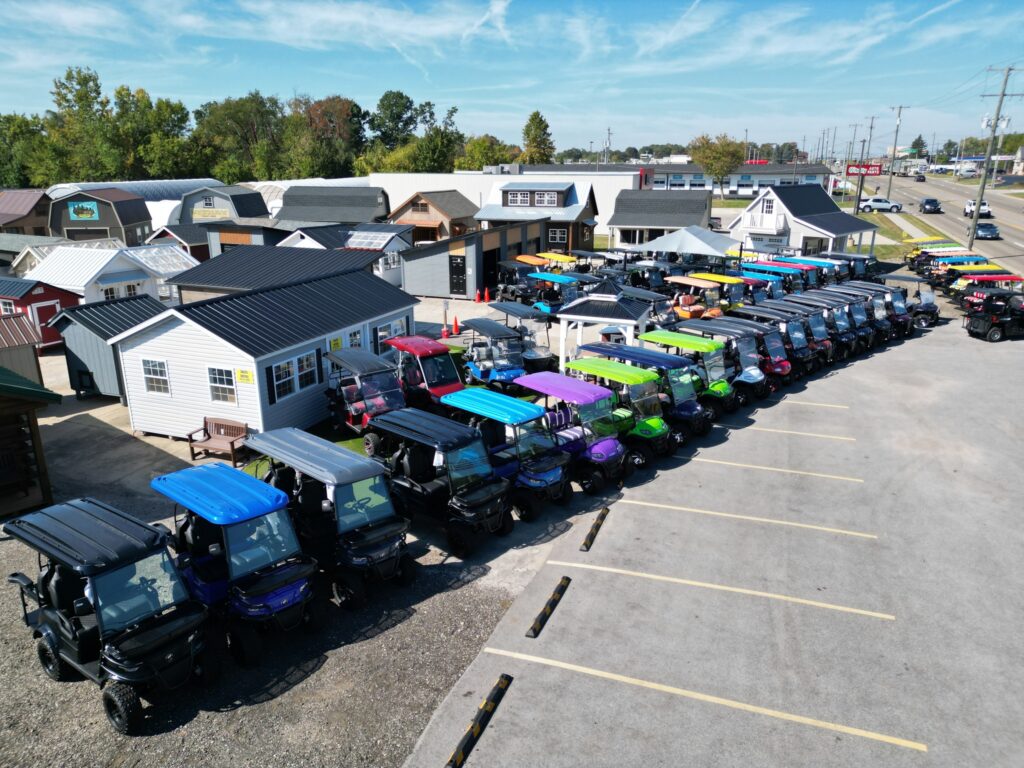If you’re looking into electric vehicles or street-legal golf carts, you’ve probably asked yourself: What does LSV stand for? This term shows up in product descriptions, community guidelines, and legal documents, yet many buyers don’t fully understand it.
LSV isn’t just a fancy label—it defines a class of vehicle with legal, safety, and practical implications. If you’re planning to use a small vehicle for local travel, understanding what LSV means can help you avoid legal issues and choose the right model for your needs.
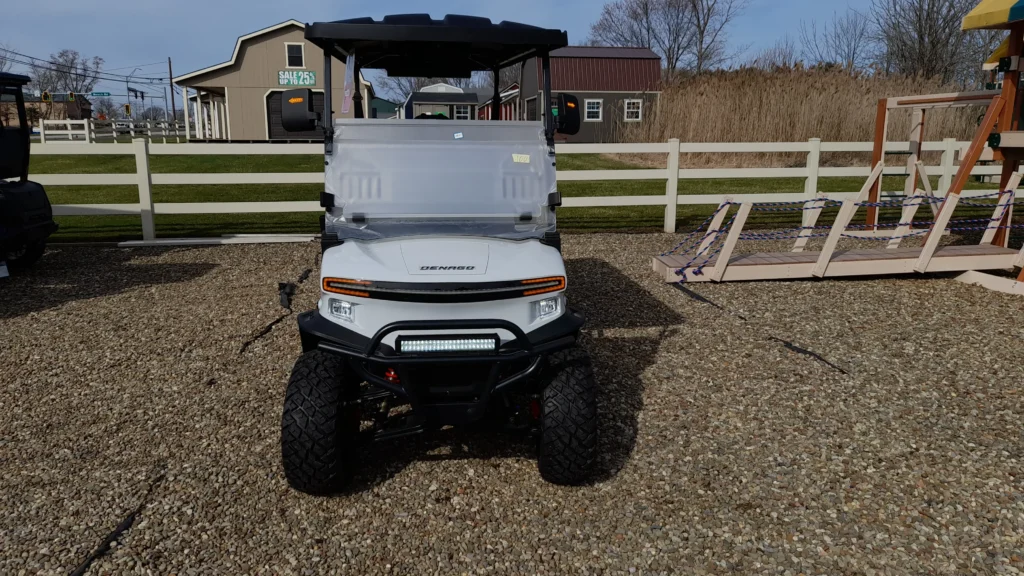
What Does LSV Stand For Legally?
The acronym LSV stands for Low-Speed Vehicle. The U.S. Department of Transportation defines it as a four-wheeled vehicle that travels between 20 and 25 miles per hour. An LSV must include safety features such as seat belts, headlights, turn signals, mirrors, and a windshield.
These vehicles are not just safer than regular golf carts; they are also street legal on roads with a posted speed limit of 35 mph or lower. Since they meet federal safety standards, LSVs can be registered and insured like regular cars. That means you can drive them beyond private property—as long as you follow your state’s laws.
Federal Motor Vehicle Safety Standard No. 500 outlines these requirements. These rules ensure that LSVs offer a minimum level of protection for drivers, passengers, and pedestrians. When people ask what does LSV stand for, they are really asking what qualifies a small vehicle to operate legally on public roads.
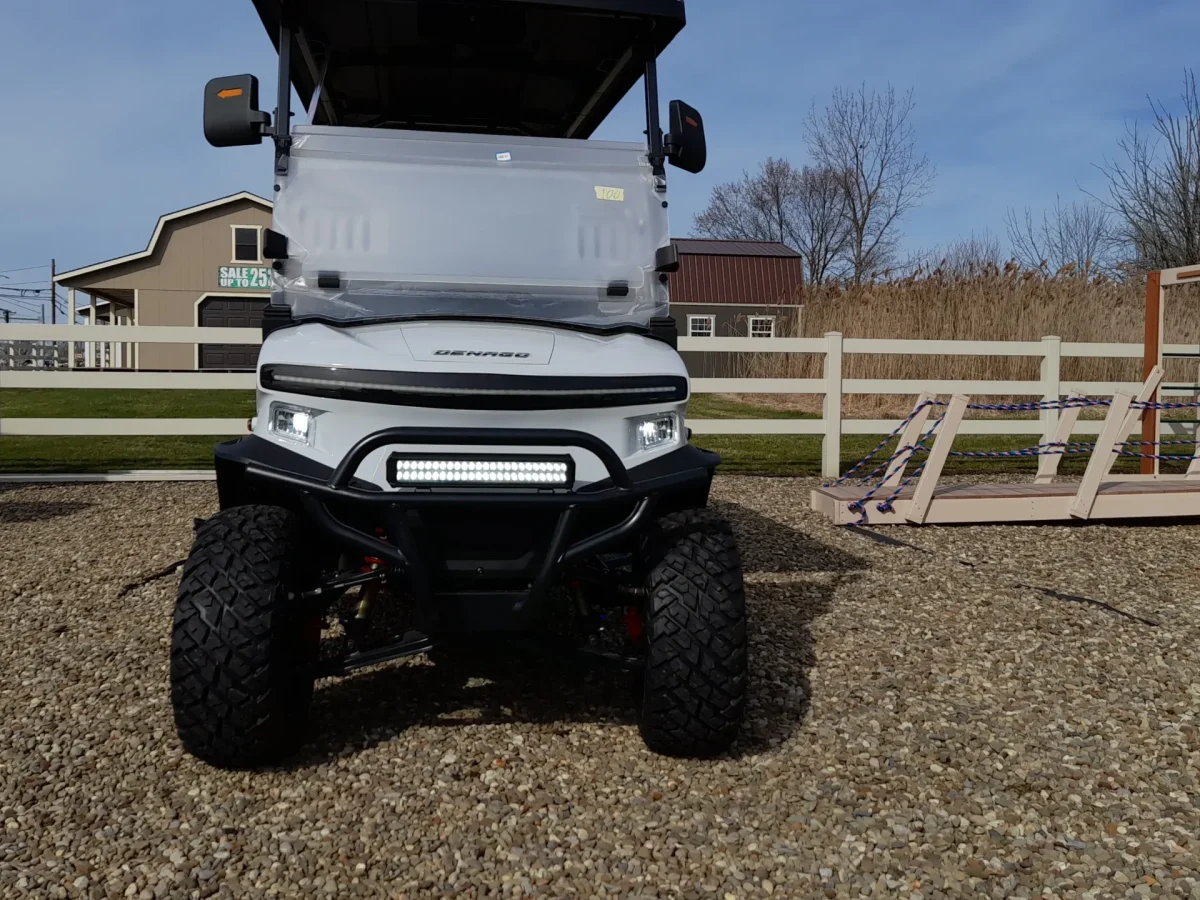
Golf Cart vs. LSV: What’s the Difference?
The confusion between LSVs and golf carts is common. Golf carts are typically designed for use on golf courses or private property. They usually travel no faster than 15 to 19 mph and lack the equipment needed for public road use.
In contrast, LSVs are made—or professionally equipped—to meet legal driving standards. They include all required safety gear and support higher speeds. Because of these features, LSVs are legal in many places where golf carts are not.
For example, in Florida, you must register and insure an LSV, and you need a driver’s license to operate it. Golf carts don’t require these steps but also can’t be driven on most public roads. Understanding what does LSV stand for helps clarify whether your vehicle qualifies for public street use.
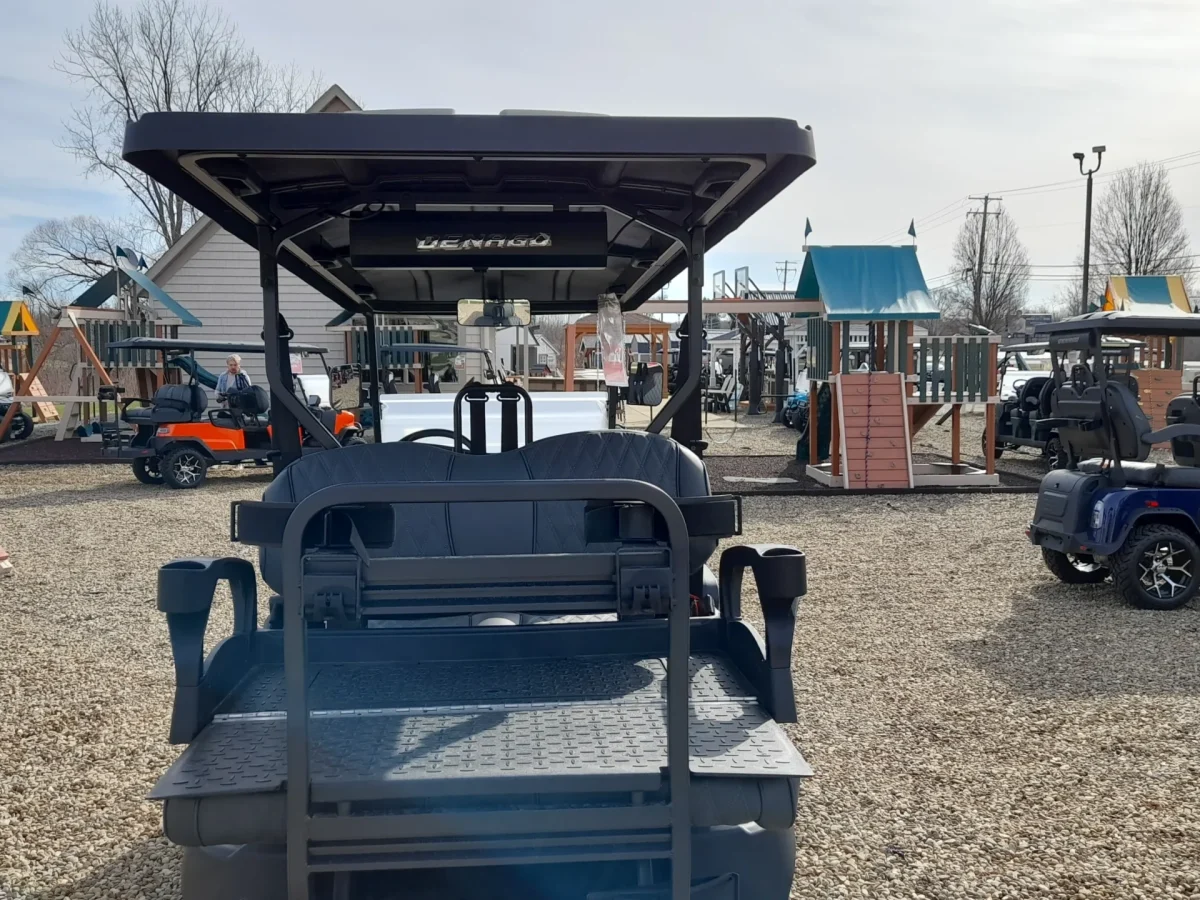
Why More People Choose LSVs Today
Low-Speed Vehicles have gained popularity for a few big reasons. First, they cost much less to run than traditional cars. Charging an electric LSV uses very little electricity. There’s no need for fuel, oil changes, or complex engine repairs. That keeps long-term maintenance simple and affordable.
Second, LSVs are easier to handle and park, especially in tight or busy areas. They work well for people of all ages—whether you’re commuting inside a gated community or running errands around town.
Third, more cities and towns support LSV use with low-speed lanes, signage, and shared road rules. Developers are also building neighborhoods with LSV-friendly roads and charging spots.
Vehicle makers like Kandi America now sell ready-to-drive LSVs with all the required features. You no longer need to modify a golf cart to go street-legal. That shift has made LSVs more accessible and more appealing.
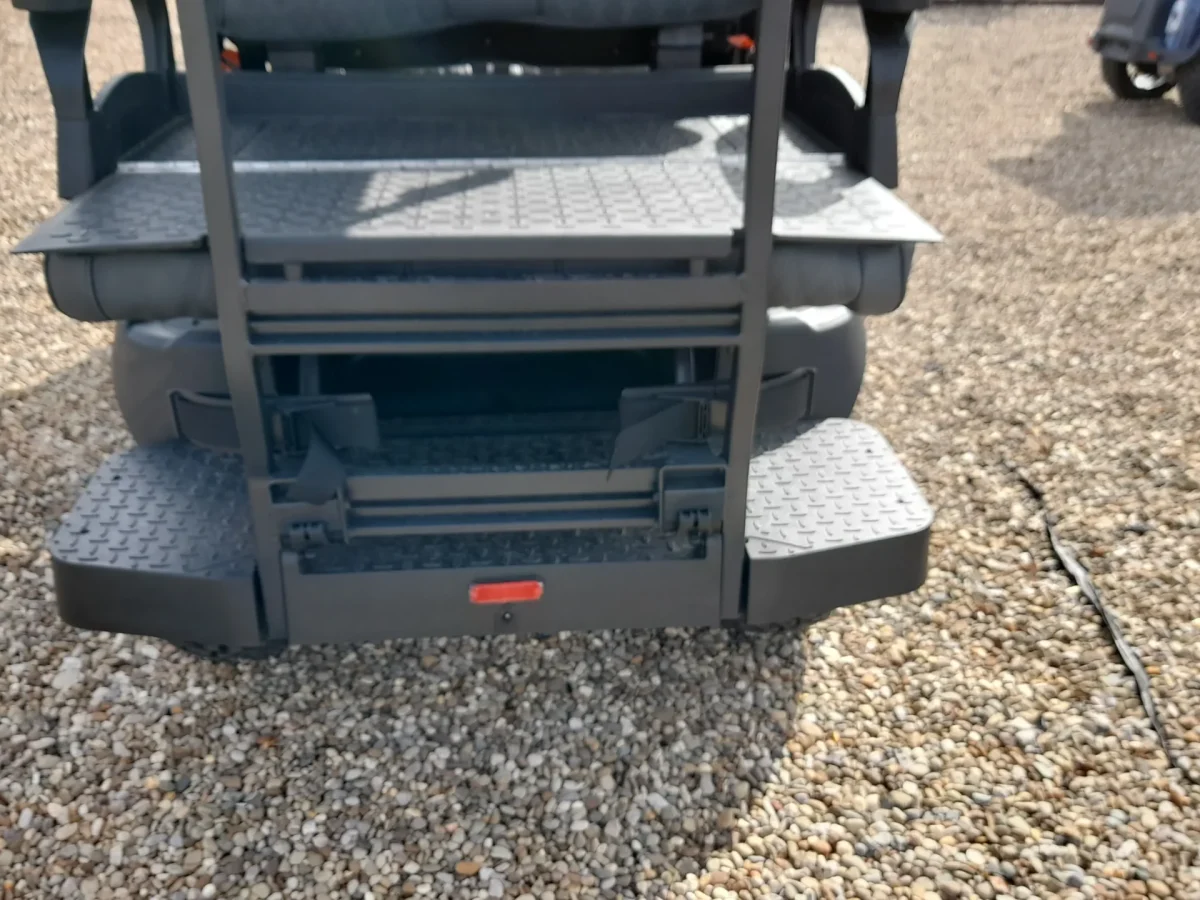
What Does LSV Stand For in Real Life?
In everyday terms, what does LSV stand for? It stands for a safe, affordable, and legal way to travel around your local area. LSVs offer a middle ground between golf carts and full-size cars. They handle neighborhood driving, errands, and short commutes with ease.
If you live in a community that supports slower, more sustainable traffic, an LSV is probably a better choice than a golf cart. They are safer, legally compliant, and easier to register and insure. That means you get peace of mind with every trip.
Real estate planners and municipalities recognize this trend. More communities offer LSV-friendly infrastructure like shared roadways and charging areas. The result is a growing ecosystem that supports low-speed electric travel.
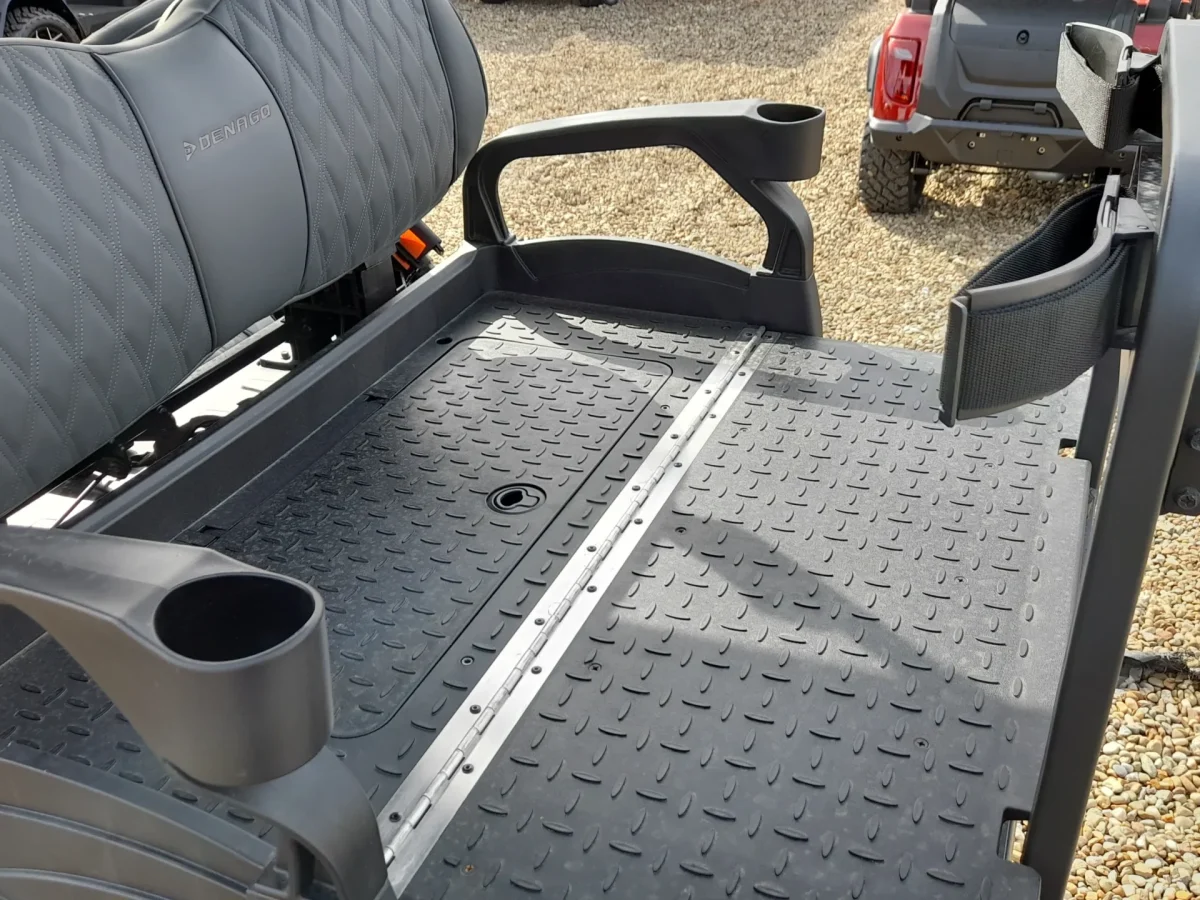
Do You Need an LSV Instead of a Golf Cart?
The right vehicle depends on how you plan to use it. If you’re sticking to golf courses or private driveways, a standard golf cart may work fine. But if you want to take your vehicle onto public streets—even just for a short ride—you’ll need an LSV.
You can convert some golf carts into LSVs by adding mirrors, seat belts, lights, and other required parts. However, this process can be expensive and doesn’t always guarantee compliance. It’s usually safer and easier to buy an LSV that’s already built to meet legal standards.
At Hartville Golf Carts, we help you understand the differences. We guide you through model options and explain how local and federal laws affect your vehicle choice. Our goal is to make sure your ride is fun, safe, and legal—right from the start.
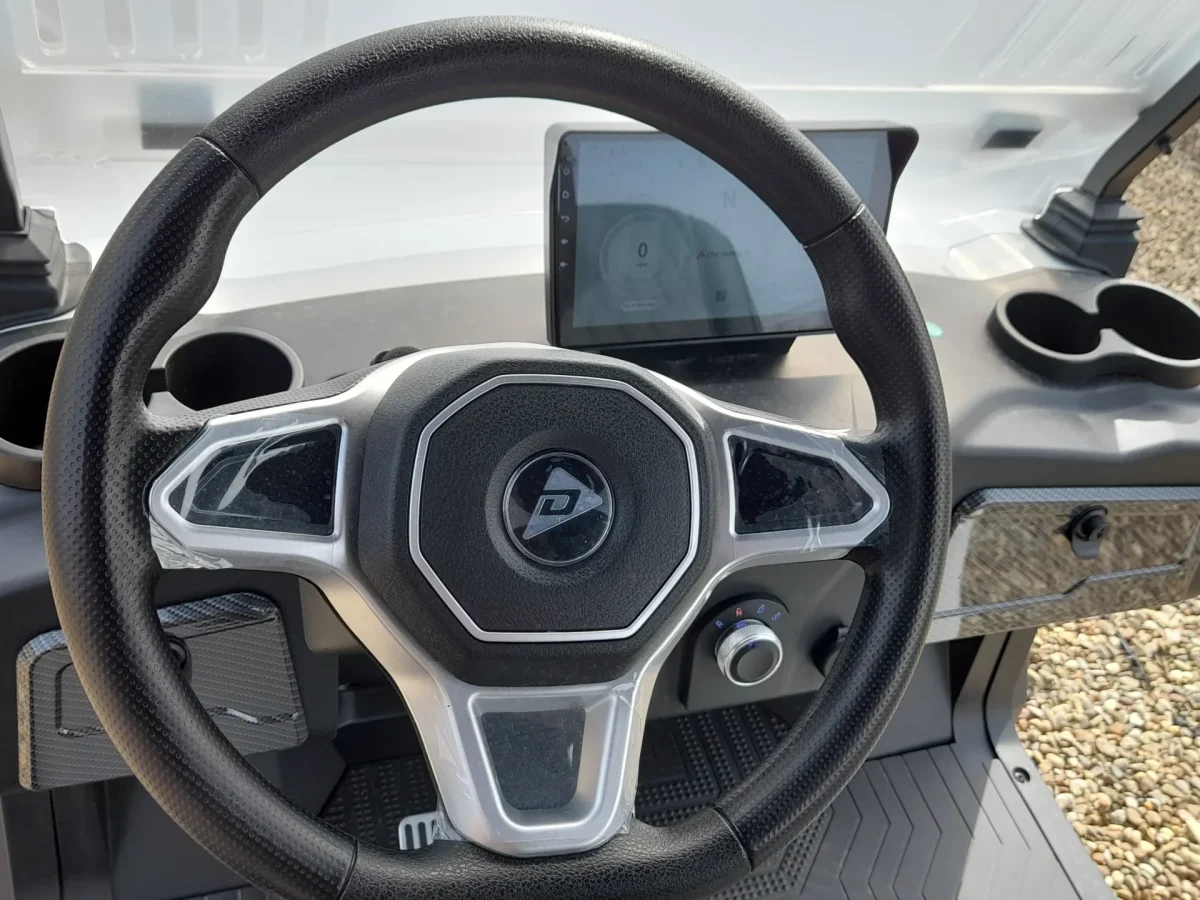
Conclusion
So, what does LSV stand for? It stands for Low-Speed Vehicle—but also for a safer, smarter, and more sustainable way to move through your neighborhood. These vehicles fill a growing need for short-range travel that’s efficient, electric, and road legal.
If you’re tired of firing up a full-size car for short trips or you want a more eco-friendly option, an LSV could be the perfect fit. It’s simple to use, affordable to maintain, and backed by clear federal rules.
Visit Hartville Golf Carts to learn more about the best LSV models available today. We’ll help you find the right match, whether you need a personal commuter or a small vehicle for your business. When you know what does LSV stand for, you’re ready to drive smarter—and safer.





